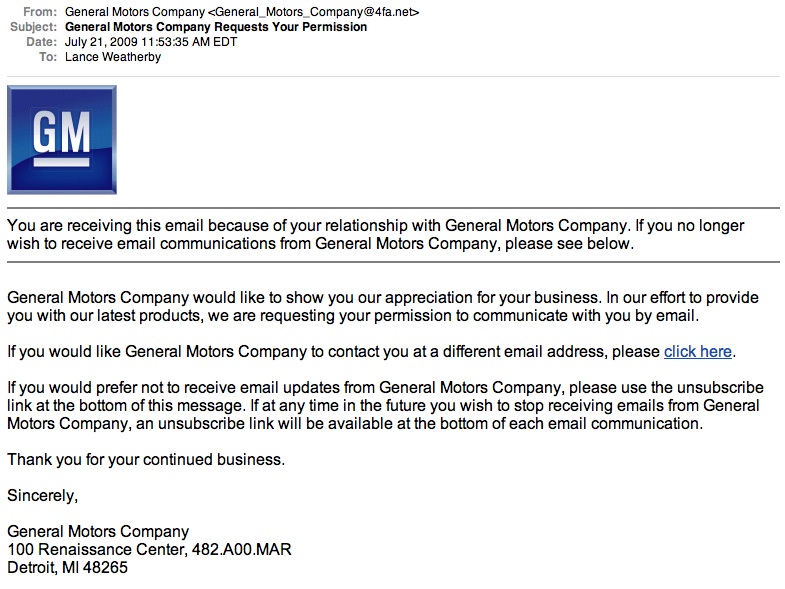What is a technology startup? Seems like a pretty straightforward question. But there is surprisingly little written to answer the question. If you Google the title of this post you will find no results. Google "technology startup" produces little to define it well though it is interesting to note that my associate Blake Perdue is the number two result, the ATDC blog comes in the eighth spot, and the ATDC web site is 13th. Paul Graham has a nice article on how to start a startup up but does not get into defining the term technology startup. Paul simply assumes most startups are technology startups.
<update>: Over on Hacker News Paul pointed me to the article entitled How to Make Wealth, where he does a most excellent job of defining a technology startup.</update>
This all become of great interest to me when it was decided that we were going to change the requirements of joining ATDC from a 200 word document to three words. Georgia technology startup. I conducted a twitter poll and received little response. Ben Dyer, who has launched a few companies in his day responded as well as a few others. Surprised that the twitterverse had so little to say.
Given all this it seems defining the term is in order.
The startup part is easy. I recently created a series of articles that defined four stages of a startup, concept, seed, early, and growth. A startup is a business with limited operating history. Limited in that it could just be a girl with an idea. Business in that it is a purposeful commercial activity.
The technology part is a little more difficult. It seems that the Potter Stewart "I know it when I see it" standard is often times applied. We can do better.
There is an important distinction using technology and creating technology. In order to be a technology startup the creation of technology is required. Something is being made as a result of science or engineering. Typepad, which created a blogging platform is a technology company. ATDC, which uses Typepad to deliver some of its services, is not. Services companies, in general, can not be technology startups. Though often times technology startups begin as services companies and use the cash generated from services to create a technology.
More often then not technology companies manifest themselves in products. And yes products can be delivered as service. Delivering technology as a service is different then technology services. The latter usually requires an linear increase in the number of people required to deliver the service. Which brings me to the point that technology companies also possess some mechanism that enables them to scale. Scale that results in large gross profit margins when the startup turns into a company.
Lastly technology startups do something unique and innovative. Novel perhaps. Know how. Something that hasn't been done before to solve a problem. The bigger more complex the problem the better. Solving big problems has more value then solving little problems. But small problems have value too. As long as it is a problem somebody wants solved and they are willing to part with something to solve it.
Technology startups make unique products that people want.
Is there any more to it then that?
Disclaimer: The statement "technology startups make unique products that people want" is not the official stance of ATDC or Georgia Tech. Commmunity feedback is enouraged.


